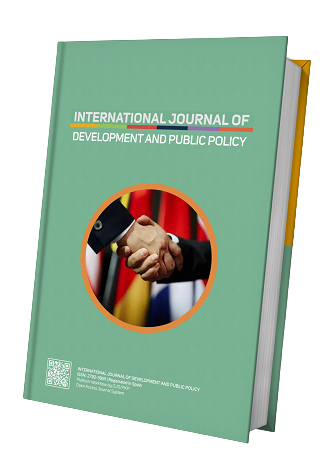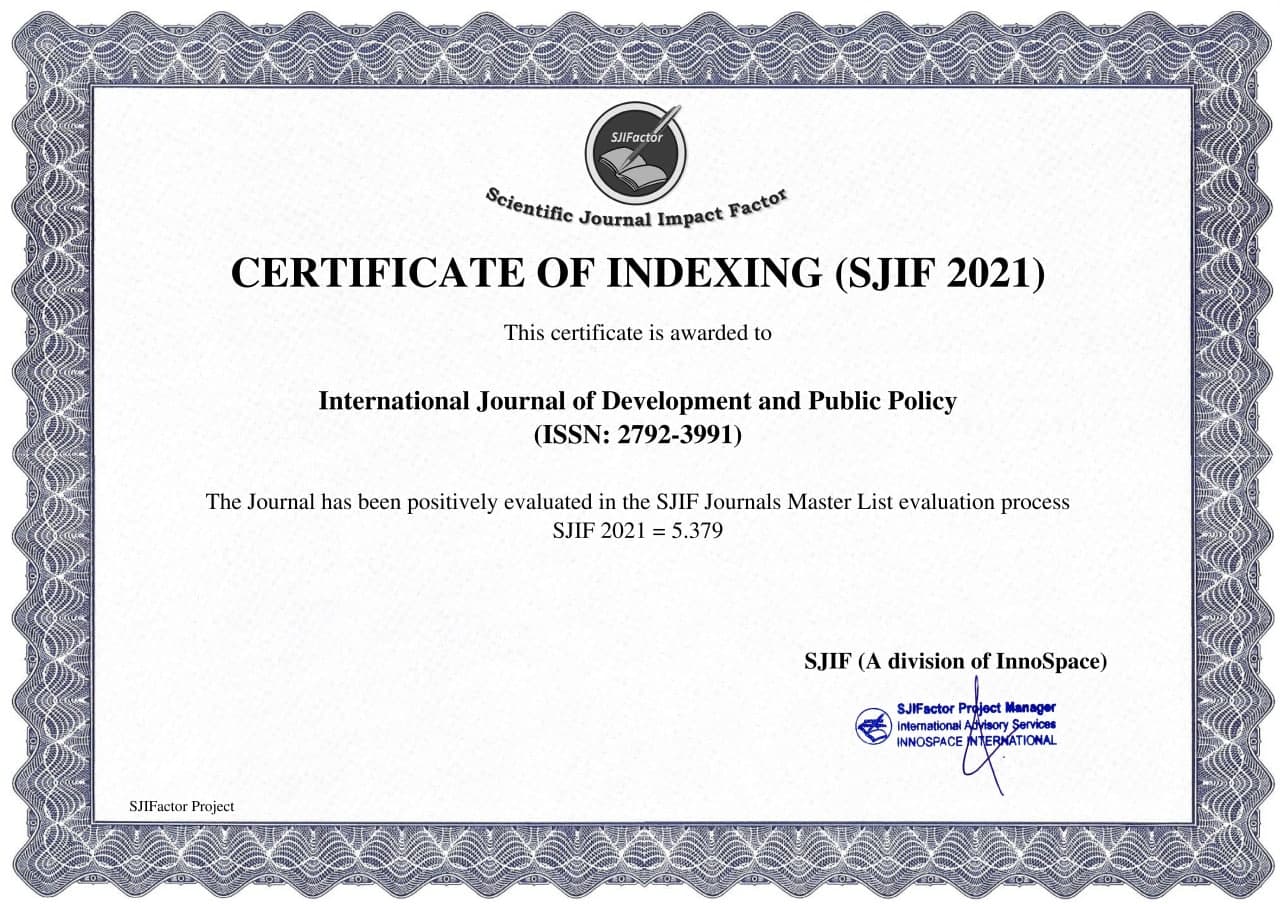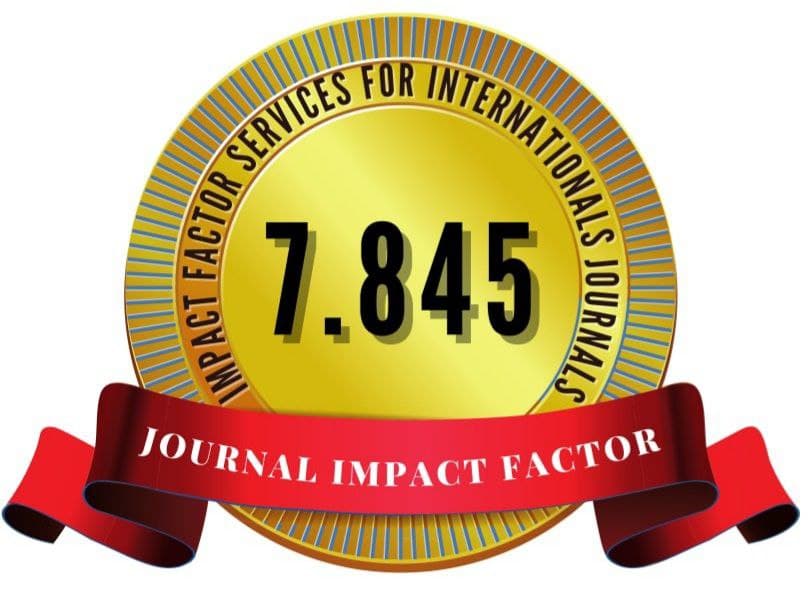Nigeria’s Afro-Centric Foreign Policy and Regional Stability in West Africa Region, 1999-2018
Keywords:
Foreign Policy, Regional Stability, West Africa, IdealismAbstract
The study examined Nigeria’s Afro-centric foreign policy and regional stability in West Africa from 1999–2018.West Africa in the recent past has been embroiled in unprecedented conflicts that threaten the peace and stability of the region. Thus, the manner and complexities of these crises call for a robust regional actor, such as Nigeria, to mediate in the resolution to ensure regional stability. To achieve the purpose of this study, research questions were advanced to determine the study's primary aim, which is to evaluate the impact of Nigeria’s Afro-centric foreign policy on regional stability in West Africa. Power theory is the theoretical framework used. The study is anchored on qualitative, descriptive and historical research design methods of secondry data collection. The findings showed that Nigeria's foreign policy has largely contributed to regional stability. Conscious of the fact that the pursuits of economic development can only be realized in a peaceful and stable region, Nigeria has shown an unwavering commitment to peace and stability, as seen in Liberia, Cote D’Ivoire, Sierra Leone, and recently in the Gambia, where potentially destructive conflicts were successfully mediated and resolved. The study also found that Nigeria also stands to gain if her foreign policy is well-articulated and grounded in economic considerations, as economic benefits of regional integration will flow into Nigeria, which is undoubtedly the region's financial hub. The study recommends improving and continuing it's Afro-centric foreign policy, especially prioritizing the welfare of the Nigerian citizenry, amongst other National interests through idealism.






